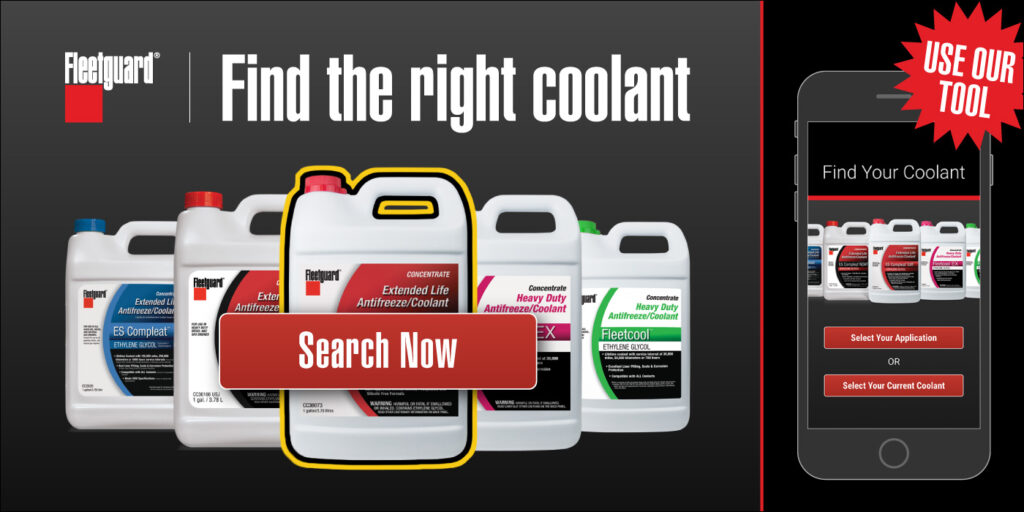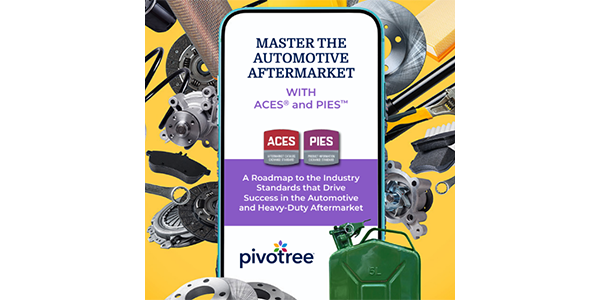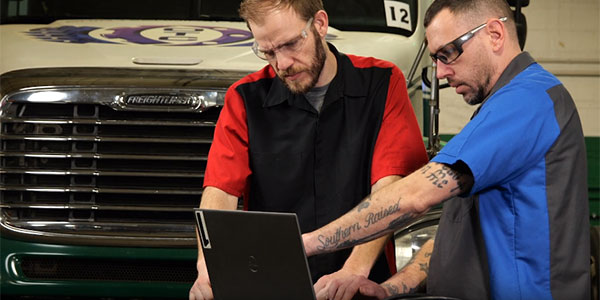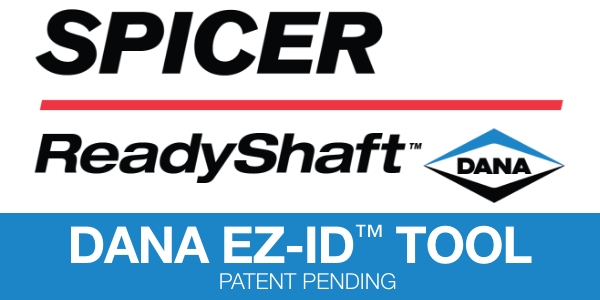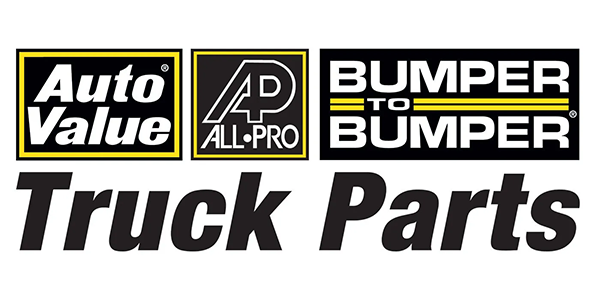Electric commercial vehicles are significantly ramping up in popularity, as commercially viable models from OEMs have come to market and are starting to be seen running routes in real-world applications. With outside factors including improving total cost of ownership and government emissions mandates, this trend is sure to increase in the coming years.
While exciting, electric trucks come with a lot of questions that need to be answered and boxes that need to be ticked before they can be utilized properly in your fleet. For example: what kind of coolant do you use in an electric truck?
The answer depends on your zero-emissions flavor of choice, and it may change in the future.
Lauren Lewis, senior technical support specialist with Fleetguard, says that most current battery electric vehicles are indirectly cooled, meaning the coolant does not make direct contact with the battery.
“This means in most cases you can use a general engine coolant like what you would normally use for your diesel application,” she says. “This does make it easy for mixed fleets, or those who are starting out adding electric vehicles to their fleet, because they can likely use one product for both electric vehicle and diesel applications.”
Of course, always consult your equipment manual for OEM recommendations.
For hydrogen fuel cell electric vehicles, however, it is a different story.
“We’re starting to see customers pilot fuel cell applications,” she elaborates. “Fuel cell applications do require a very different product from the standard engine coolant or a diesel engine coolant. They have to have very low conductivity so that there’s no interference with the system. And if they get above a certain conductivity, it will actually cause the system to stop for safety reasons.
“So that is a completely different product. It uses different types of additives, which help keep that conductivity low. It is still a water and ethylene glycol mixture for the most part. But the additives that are used in those fuel cell systems are very different so that they can have a very low conductivity.”
Of course, fuel cell applications are in their infancy, but are expected to grow over the coming decade. Lewis says that Fleetguard anticipates its fuel cell technology it is working on being commercially available next year.
“Engine manufacturers and vehicle manufacturers are concerned with making sure that people understand that this coolant is not the same product that it is in EV, because any mixing or addition of the wrong product will cause major issues in those systems,” she adds.
EV is an evolving technology and the supporting coolant will likely change as technology evolves.
”For what’s on the market today, something that’s maybe been confusing to customers is that with the new EV applications, many assume that they need something different,” Lewis says. “And for what’s out there today, most of the time they don’t. They can use a typical engine coolant, such as Fleetguard’s ES Compleat OAT.”
This article was sponsored by Fleetguard. To find the correct coolant for your equipment, visit now.cumminsfiltration.com/coolant.

